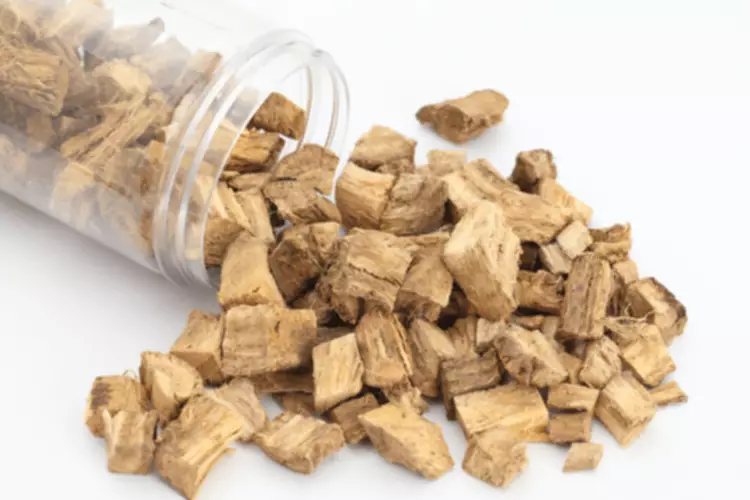
Or, maybe you’re sensitive to sulfites or other chemicals in alcoholic beverages, resulting in nausea or headaches. In some cases, over-the-counter or prescribed medications might help alleviate symptoms. If someone believes they have an alcohol allergy or intolerance, they should stop drinking alcoholic drinks and visit their healthcare provider for testing and advice. If you’re trying an alcoholic beverage for the first time, allergies and food sensitivities can sometimes be the hidden culprits behind a sudden alcohol intolerance. An allergy to wine is believed to be rare, though an intolerance to wine that impacts roughly 10% of people.
Sulfites intolerance
İçindekiler
- This can often seem to happen out of nowhere and can be quite alarming.
- In fact, alcohol intolerance is a metabolic disorder that doesn’t have anything to do with how many drinks you can down before your beer goggles switch on.
- If you have this variant, it causes your body to produce less active ALDH2.
This inflammation leads to sneezing, stuffiness, and a runny nose. Rhinitis is often broken down into allergic and nonallergic rhinitis. The different types depend on whether or not it’s caused by allergies. Some people believe that a reaction to histamine causes symptoms after drinking red wine. Histamine is made during the production process of fermentation.

Who Is at Risk of Nonallergic Rhinitis?
But, if your nose is all stuffed up or runny after just a few sips of wine, this process probably isn’t proceeding as smoothly for you as it does for other people. Aldehyde dehydrogenase (ALDH2) is an enzyme that your body uses to digest alcohol. It turns alcohol into acetic acid, a main component of vinegar, in your liver. Some people have a variant in the gene that codes for ALDH2. The amounts of histamine vary between wines, but generally, there is more histamine in red than white wine. Alcohol allergy symptoms can range from mild, such as an itchy mouth or eyes, to severe, including vomiting or anaphylaxis.

Why Do I Sneeze After Eating?
Symptoms of alcohol intolerance can make a person feel uncomfortable. In contrast, an alcohol allergy could become life threatening. People may also have an allergic reaction to specific ingredients in alcoholic drinks rather than the alcohol itself.

Besides wines, fruits like bananas, kiwi, melons, and grapes can also contain sulfites, though in much smaller amounts. It is important to be aware of any symptoms you may experience after consuming alcohol. While it can sometimes be harmless, there are times when the underlying cause could be more serious. In particular, if you have developed an intolerance or allergy to wine, then this could lead to more severe reactions such as anaphylaxis. Symptoms of a wine allergy include rashes, why do i sneeze when i drink alcohol nasal congestion, wheezing or a tingling sensation around the mouth and throat. As a result, their bodies produce inactive ALDH enzymes that are unable to properly break down the alcohol into acetic vinegar.
If you experience these symptoms after drinking alcohol, you must see a doctor as you may need to be treated for an allergy. Sulfites are an ingredient used to make beverages and foods last longer. They are found in a number of products, including wine and beer. The reason some people have an intolerance to sulfites is unknown, but both genetics and the environment could be contributing factors. If you have symptoms of an allergy after drinking beer, you should see your doctor.

Alcohol intolerance
Applying a cold compress to your nose will help to soothe the mucous membranes in your nose and reduce inflammation. Rinsing your nose with salt alcohol sneezing water or a saline solution will help to soothe the mucous membranes in your nose and reduce inflammation. Snatiation is likely genetic and doesn’t cause any health problems.
Beer Sneezes: What Do They Mean?
- To get to the bottom of what’s causing you to sneeze, keep track of when and what you eat to see if you can find any patterns.
- Gustatory rhinitis and snatiation seem to be common causes, but both are still poorly understood.
- You should never ignore the symptoms of an allergic reaction.
The process starts with an enzyme in your liver, called alcohol dehydrogenase (ADH), which converts ethanol into acetaldehyde. You had a long week, and you opened that bottle of wine to help you relax — but instead you wound up with a stuffy nose you now have to deal with. It doesn’t happen to everyone, but those who do get congested after a glass or two know just how much of a buzzkill it can be. Red wine tends to have higher levels of histamine than white wine or beer. Avoid the beverage or beverages that seem to cause your reaction until your doctor’s appointment.
